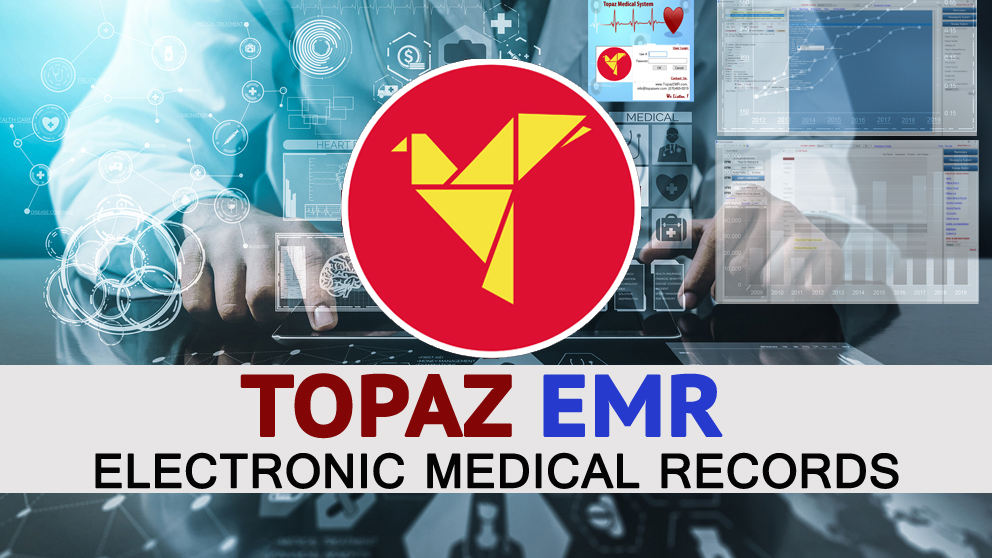WASHINGTON, USA, (PAHO) – The Pan American Health Organization (PAHO) today released the Spanish version of a package of measures to monitor child development up to 36 months of age. This tool provides a standardized method for conducting early childhood assessments, applicable across different cultures and contexts.
The Global Scales for Early Development (GSED) allow for a comprehensive monitoring of young children, covering cognitive, socioemotional, language, and motor skills. To achieve this, the GSED uses an innovative measurement parameter: the Development Score (D-score), which incorporates all domains of child development into a common scale that is translated into a single score.
Unlike growth, which is measured by weight in grams and height in centimeters, until now there has not been a uniform scale to measure development during the first three years of life. Existing measures that were designed to monitor development in children after 24 months of age did not account for the diversity of contexts in which children grow, and required significant resources for implementation.
“The GSED tool marks a milestone in holistically assessing early childhood development,” said Dr Jarbas Barbosa, PAHO director, in a video message during the launch of the package. “It provides a common language within and across countries for the generation of evidence to guide policies, improve programs and services, and ensure accountability,” he added.
The methodology was developed by a multidisciplinary team of experts coordinated by the World Health Organization (WHO) and was presented this week for the Region of the Americas in a virtual seminar co-organized by PAHO and the Inter-American Development Bank (IDB). Country experiences using the GSED tools in research and public health practice were highlighted during the launch event.
“The translation of the GSED into Spanish is the result of joint work between PAHO and the Inter-American Development Bank, reaffirming our commitment to regional collaboration and recognising early childhood development not as a sectoral issue, but as a collective responsibility,” Dr Barbosa noted.
The GSED is open access and will facilitate the generation of data that will enable policymakers and governments to allocate resources more effectively toward programs and interventions that support children at greater risk of not reaching their full developmental potential.
To date, the GSED measures have been validated in Bangladesh, Pakistan, and the United Republic of Tanzania (1,248 children per country), and data collection is underway in Brazil, Chile, China, Côte d’Ivoire, and the Netherlands.
The current GSED package includes various materials: short and long forms, user manuals and application guides, scoring, translation and adaptation guides. It also contains a technical report explaining the methodology used and the results of its validation. In addition, a digital application of the GSED is available. This instrument will continue to be refined, and once more data are collected, an expanded version will be released, incorporating international norms and standards on child development.
The post PAHO launches tool to monitor early child development in Latin America appeared first on Caribbean News Global.

